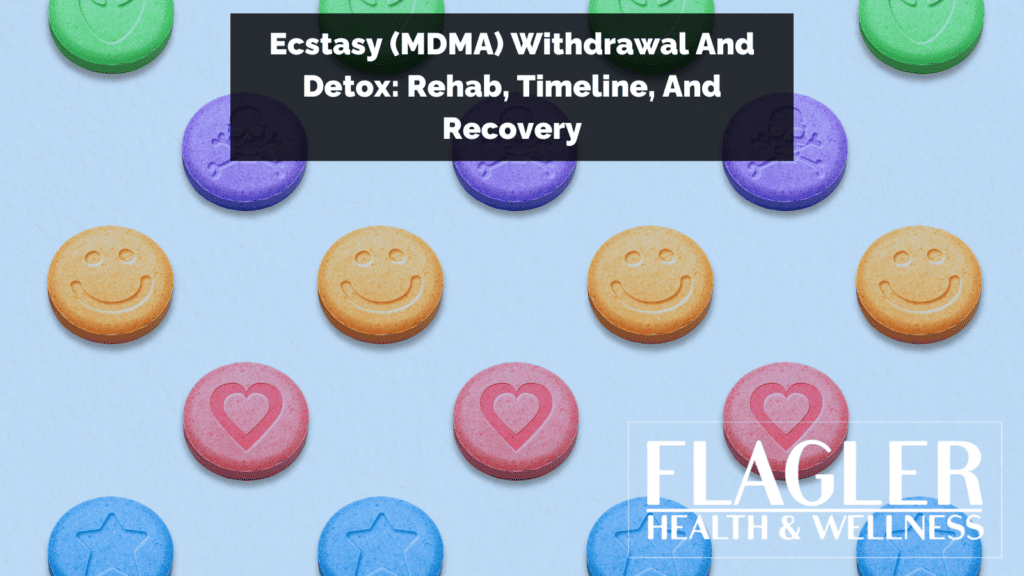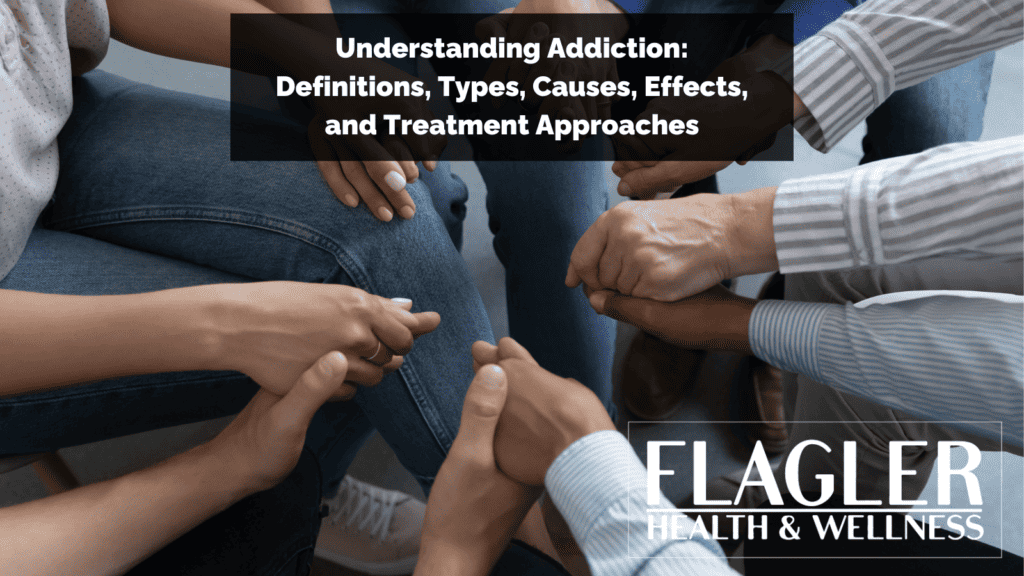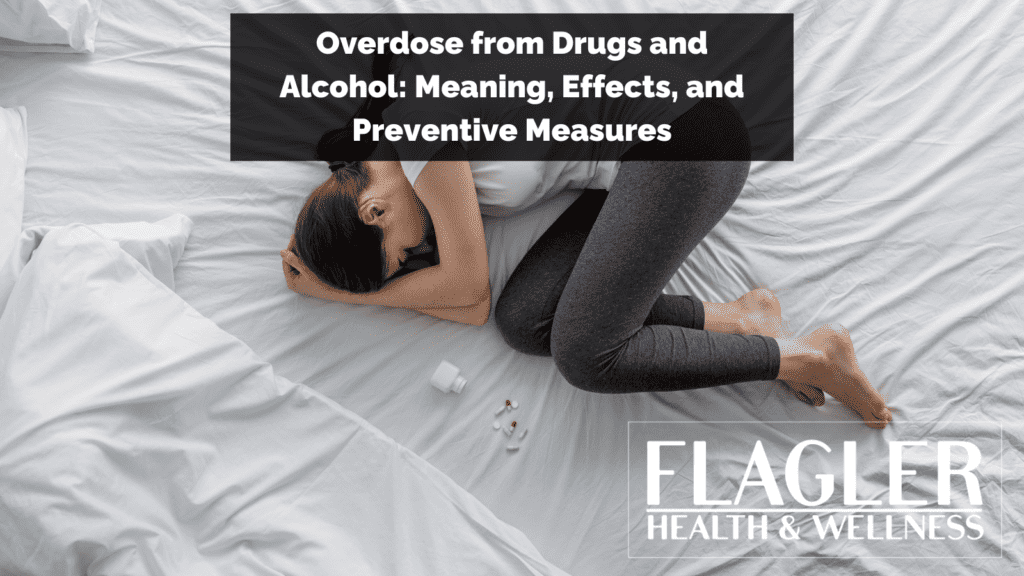MDMA withdrawal is the physiological and psychological response the body undergoes when an individual abruptly stops or significantly reduces their consumption of MDMA. This process is marked by a range of symptoms that vary in intensity and duration, and is a critical phase in the recovery journey.
Symptoms of MDMA withdrawal may include mood swings, fatigue, insomnia, loss of appetite, and difficulty concentrating. In some cases, individuals can also struggle with severe anxiety and depression.
MDMA withdrawal is caused by disrupting the balance of neurotransmitters in the brain when someone stops or reduces their use of MDMA.
The effects of MDMA withdrawal can last for months and include changes in behavior, mood, appetite, and sleeping patterns.
Differences Between MDMA Withdrawal and Detox
MDMA withdrawal is when someone stops or significantly reduces their use of MDMA, which will disrupt the balance of feel-good neurotransmitters such as serotonin, resulting in a range of withdrawal symptoms. MDMA detox, on the other hand, is the systematic process of releasing all traces of the drug from the body.
What Is The Cause Of MDMA Withdrawal
MDMA withdrawal is caused by the body and brain’s dependence on the drug. MDMA affects serotonin levels, the neurotransmitter responsible for regulating mood, appetite, and sleep. Heavy use of MDMA can lead to the depletion of serotonin in the brain, disrupting the delicate balance of neurotransmitters.
Symptoms of Ecstasy Withdrawal During Detox
Symptoms of ecstasy (MDMA) withdrawal during detox can manifest in various ways, reflecting the body’s response to the absence of the drug. These symptoms may vary in intensity and duration, depending on factors such as the frequency and amount of ecstasy use, individual physiology, and overall health. During detox, individuals may experience some of the following symptoms:
Physical Symptoms:
- Fatigue and lethargy
- Sleep disturbances such as insomnia
- Changes in appetite
- Physical discomfort
Psychological Symptoms:
- Depression and anxiety
- Irritability and mood swings
- Cognitive issues
- Intense drug cravings
When does Ecstasy Withdrawal Start?
Ecstasy withdrawal typically begins 24 hours after a person’s last dose and can last anywhere from 3-7 days. The withdrawal timeline can vary from person to person depending on their history of drug use, overall health, and metabolic function.
Effects of Ecstasy Withdrawal (Short-term and Long-term)
The effects of ecstasy withdrawal can be both short-term and long-term. These effects are the result of the drug’s impact on a person’s brain chemistry and overall health. Here are some long and short term effects to keep in mind:
Short-term Effects
- Depression: Depression is a common withdrawal symptom due to the depletion of serotonin.
- Anxiety: Heightened feelings of anxiety or nervousness during the initial withdrawal phase.
- Sleepiness: Fatigue or excessive tiredness as the body recovers from the stimulant effects of ecstasy.
- Increased Appetite: Increased appetite is common as MDMA use suppresses a person’s hunger.
- Irritability: Short-term mood swings and irritability are common.
- Concentration Difficulties: Temporary problems with focus and concentration.
Long-term Effects of Ecstasy Withdrawal
- Cognitive Function: There can be long-term changes in memory and cognitive function due to ecstasy’s neurotoxic effects.
- Mood Disorders: Long-term withdrawal may include ongoing issues with mood regulation.
- Immune System Impact: Chronic MDMA use can compromise the immune system, leading to increased susceptibility to colds and flu-like symptoms during withdrawal.
Understanding these varied effects of ecstasy withdrawal helps in preparing for the recovery process. Both the physical and psychological impacts need to be considered for a holistic approach to overcoming ecstasy dependency.
How Long Does Ecstasy Withdrawal Take During Detox?
Ecstasy withdrawal during detox can take anywhere from a week to ten days, though the timeline varies from person to person. Symptoms tend to appear within the first three days after a person’s last dose and will peak at the seven day mark, after which symptoms will begin to subside.
What Influences Ecstasy Withdrawal and Detox Timeline?
The withdrawal and detox timeline is unique to the individual. Factors such as a person’s weight, age, overall health, genetics, and history and duration of drug use will all have an impact on the timeline. Several factors influence the timeline of ecstasy withdrawal and detox, including the frequency and duration of use, individual metabolism, overall health, and the presence of co-occurring mental health conditions.
What Happens During Ecstasy Withdrawal?
Ecstasy withdrawal involves the body’s adjustment to the absence of the drug, primarily focusing on the restoration of serotonin levels. This process can lead to mood fluctuations, cognitive changes, and emotional challenges as the body recalibrates its neurochemical balance.
Factors That Affect Ecstasy Withdrawal
There are many factors that can influence the severity and duration of ecstasy withdrawal. Understanding these factors can help in preparing for and managing the withdrawal process more effectively. Here are some key factors:
- Co-occuring Mental Health Issues: Mental health conditions such as depression or anxiety can exacerbate the intensity of withdrawal symptoms.
- Level of Physical Dependence: Regular and frequent use of ecstasy increases the likelihood of severe withdrawal symptoms. Long-term users may experience a more prolonged and intense withdrawal process.
- Overall Health and Wellbeing: Individuals in good physical health have an easier time coping with the physical aspects of withdrawal. Chronic health issues, on the other hand, can complicate the withdrawal process.
- SSRIs and Serotonin Syndrome: The use of SSRIs (selective serotonin reuptake inhibitors) in conjunction with ecstasy can lead to serotonin syndrome, a potentially life-threatening condition.
- Polydrug Use: The concurrent use of other substances can alter the nature of withdrawal, potentially leading to more complex and severe symptoms.
How to Treat Ecstasy Withdrawal
An effective and safe treatment plan for ecstasy withdrawal begins with a medically supervised detox, especially if someone is using MDMA along with other drugs. One-on-one therapy and group therapy sessions, support groups, and holistic therapies such as yoga or acupuncture can help manage specific symptoms. A tailored recovery treatment plan at a reputable rehab center will help ensure that you receive the individual attention and support you need to heal.
Treatment Plan for Ecstasy Withdrawal During Detox
A tailored treatment plan for ecstasy withdrawal during detox may involve medical monitoring, therapeutic interventions, and support groups. A holistic approach considering individual needs is essential for effective and lasting recovery.
Can I Die From Ecstasy Withdrawal?
Yes, it is possible to die from ecstasy withdrawal in rare cases. Complications can arise during the withdrawal process, especially with the presence of polydrug use. It’s important to treat withdrawal as a potential emergency, so be sure to seek professional medical support if you are experiencing symptoms.
Can Ecstasy Withdrawal Cause A Heart Attack?
Yes. Long-term ecstasy use can have severe side effects, including heart attacks and heart failure. Long term use of MDMA can damage the heart muscle and increase a person’s blood pressure, increasing the risk of heart attack and other heart issues. It’s important to assess a person’s history of drug use to make sure they receive the help they need during withdrawal. Here are some reasons why a medically supervised is so important:
- Emotional and Physical Stress: Withdrawal from ecstasy can be a stressful experience for the body and mind, which might exacerbate pre-existing heart conditions.
- Pre-existing Conditions: Individuals with underlying heart conditions are at a higher risk of cardiac events during withdrawal.
- Managing Potential Risks: Healthcare professionals can monitor heart health and manage any symptoms that may pose a risk to the cardiovascular system.
How to Cope With Ecstasy Withdrawal
It’s important to have a plan in place to help you cope with ecstasy withdrawal, which may require a combination of professional support and personal wellness strategies. Creating a plan that encompasses both medical and emotional support can significantly ease the withdrawal process. Here are some key strategies to consider:
Seeking Professional Help: Enroll in rehab programs offering medically supervised detox to safely manage withdrawal symptoms.
Building a Support Network: Maintain close connections with friends and family who can offer emotional support and encouragement and engage with support groups or communities of individuals who have gone through similar experiences.
Adopting Healthy Lifestyle Habits: Focus on eating nutritious meals, and spend time in nature, which can be therapeutic and help reduce stress and anxiety.
Mindfulness and Relaxation Techniques: Practicing mindfulness exercises like meditation and yoga to center yourself and manage stress.
Avoiding Stimulants: Experts recommend avoiding stimulants like caffeine during withdrawal, as they can exacerbate anxiety and disrupt sleep patterns.
Implementing these strategies can help you navigate the challenges of ecstasy withdrawal more effectively. Combining professional medical support with personal wellness practices creates a comprehensive approach to recovery, addressing both the physical and psychological aspects of withdrawal.
Get Help At Flagler
At Flagler, we offer a range of treatment options to assist individuals struggling with ecstasy addiction. From the initial detox phase to ongoing therapy and support, we are committed to providing compassionate and effective care tailored to each individual’s needs.
Our treatment programs utilize a combination of modalities and support c to help you recover from addiction and build a strong foundation for the life you’d like to lead. No matter where you are on your recovery journey, there is always help available. Contact us today for more information about how our heroin treatment programs can help you or a loved one.
Share This Post







